AeroGenie — Il tuo copilota intelligente.
Tendenze
Categories
South Korean Plane Crash Killed 179 After Pilots Shut Down Wrong Engine
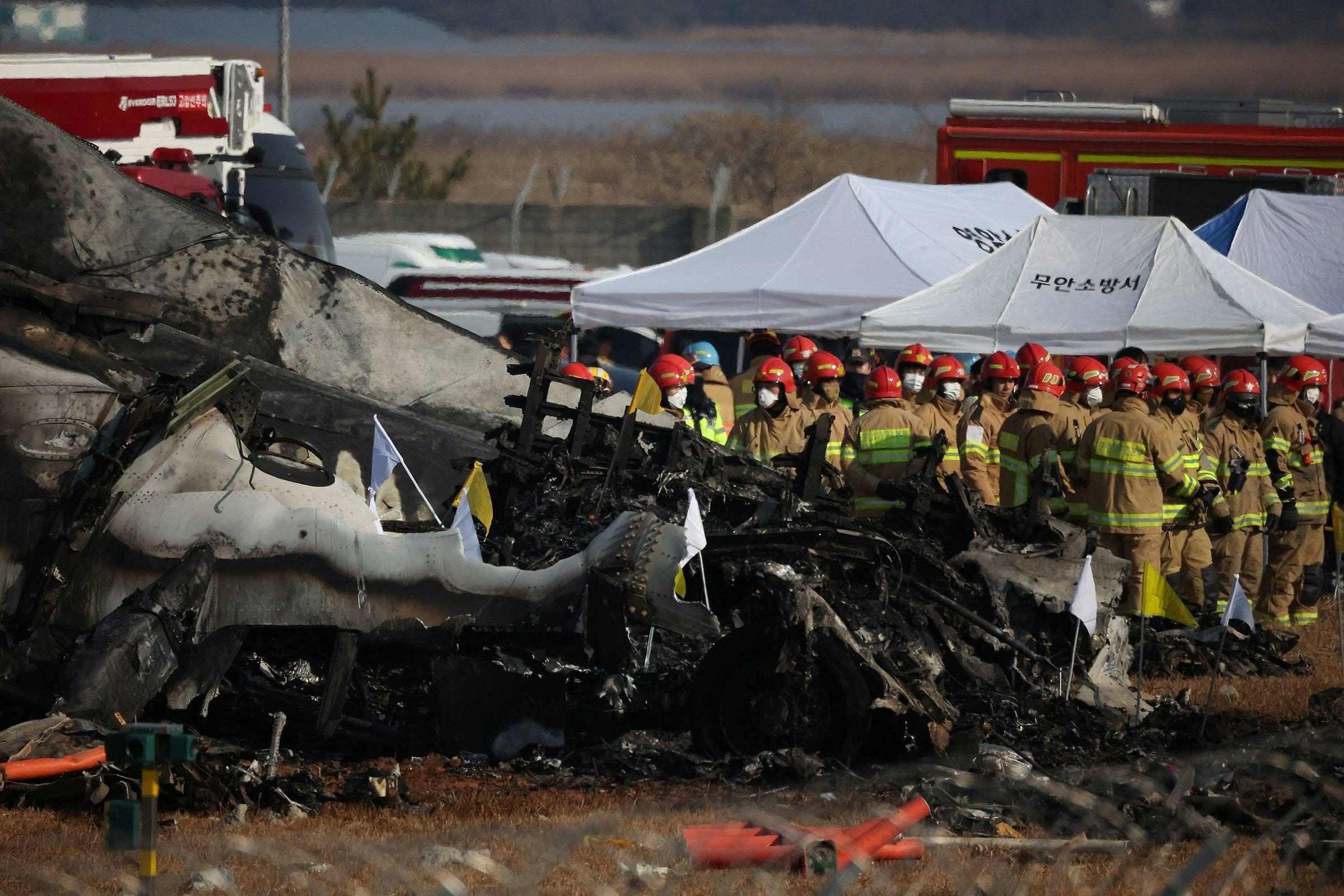
South Korean Plane Crash Killed 179 After Pilots Shut Down Wrong Engine
Fatal Error Following Bird Strike
Investigators have determined that the catastrophic crash of a South Korean passenger jet, which claimed 179 lives, was precipitated by a critical error made by the flight crew. On December 29, the aircraft, carrying 181 people, encountered a flock of birds while approaching Muan International Airport. The bird strike severely damaged one engine, but the pilots mistakenly shut down the functioning engine instead of the compromised one. This error left the plane without adequate power during its emergency landing attempt, ultimately causing it to skid off the runway and collide with a concrete barrier, resulting in a fiery explosion.
Preliminary findings indicate that the right engine sustained severe damage from the bird strike, yet the pilots deactivated the left engine, which remained operational. An official briefing to South Korea’s MBN TV emphasized this misjudgment, noting that the pilot should have shut down the right engine to maintain control. The loss of thrust from the wrong engine critically undermined the aircraft’s ability to land safely.
Deviation from Standard Procedures
Further investigation revealed that the pilots did not adhere to established protocols following the bird strike. Instead of proceeding with a standard landing, the crew executed unorthodox maneuvers, including climbing and attempting a rushed landing in the opposite direction on the same runway. The aircraft ultimately touched down on its belly, veered off the runway, and was halted by a concrete slab before erupting into flames.
The release of the interim investigation report was met with significant opposition from the victims’ families. During a scheduled news conference, grieving relatives disrupted proceedings, expressing frustration over what they perceived as premature attribution of blame to the pilots. Officials subsequently withdrew copies of the report from journalists, citing that it had not been officially released. Kim Yu-jin, leader of the victims’ relatives group, criticized the investigation’s lack of transparency, stating that conclusions should be supported by comprehensive documentation to convince bereaved families of their inevitability, rather than being presented as isolated findings.
Broader Implications and Industry Response
The controversy surrounding the report has prompted South Korean authorities to intensify safety measures. In response to the crash, regulators are preparing to mandate inspections of fuel switches on all Boeing aircraft operated by domestic airlines, addressing concerns about pilot confusion during emergency situations. This move follows similar findings in a recent Air India crash, where investigators concluded that a senior pilot’s inadvertent shutdown of fuel flow contributed to the disaster.
Despite these incidents and the heightened scrutiny of cockpit procedures and aircraft systems, Boeing’s stock has remained stable, with analysts maintaining optimistic price targets. The ongoing investigations into both the South Korean and Air India crashes have underscored the urgent need for improved pilot training and system design enhancements to prevent future tragedies.
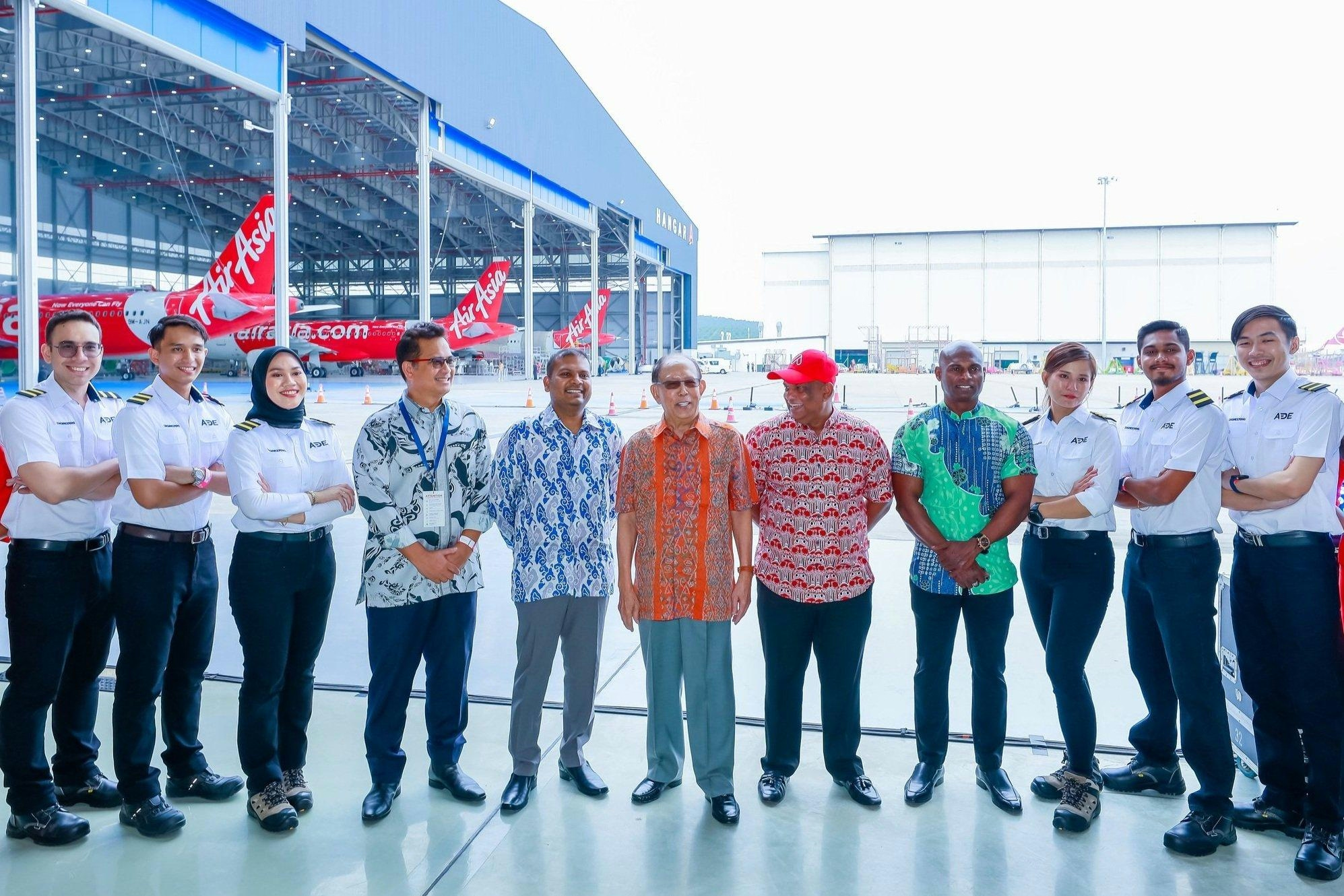
Cheongju Aeropolis Begins Construction on Aviation Maintenance Facility
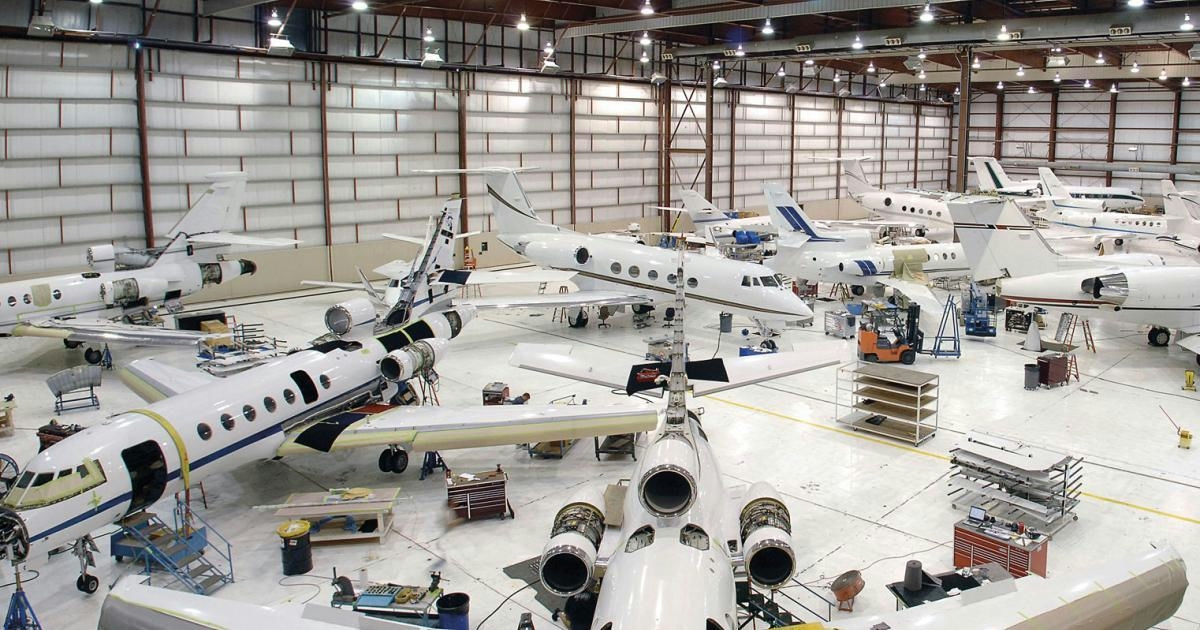
West Star Aviation Expands Mid-Atlantic Presence with DCJet Services Acquisition

Lufthansa Technik Completes 1,000th Overhaul of P&W GTF Engine
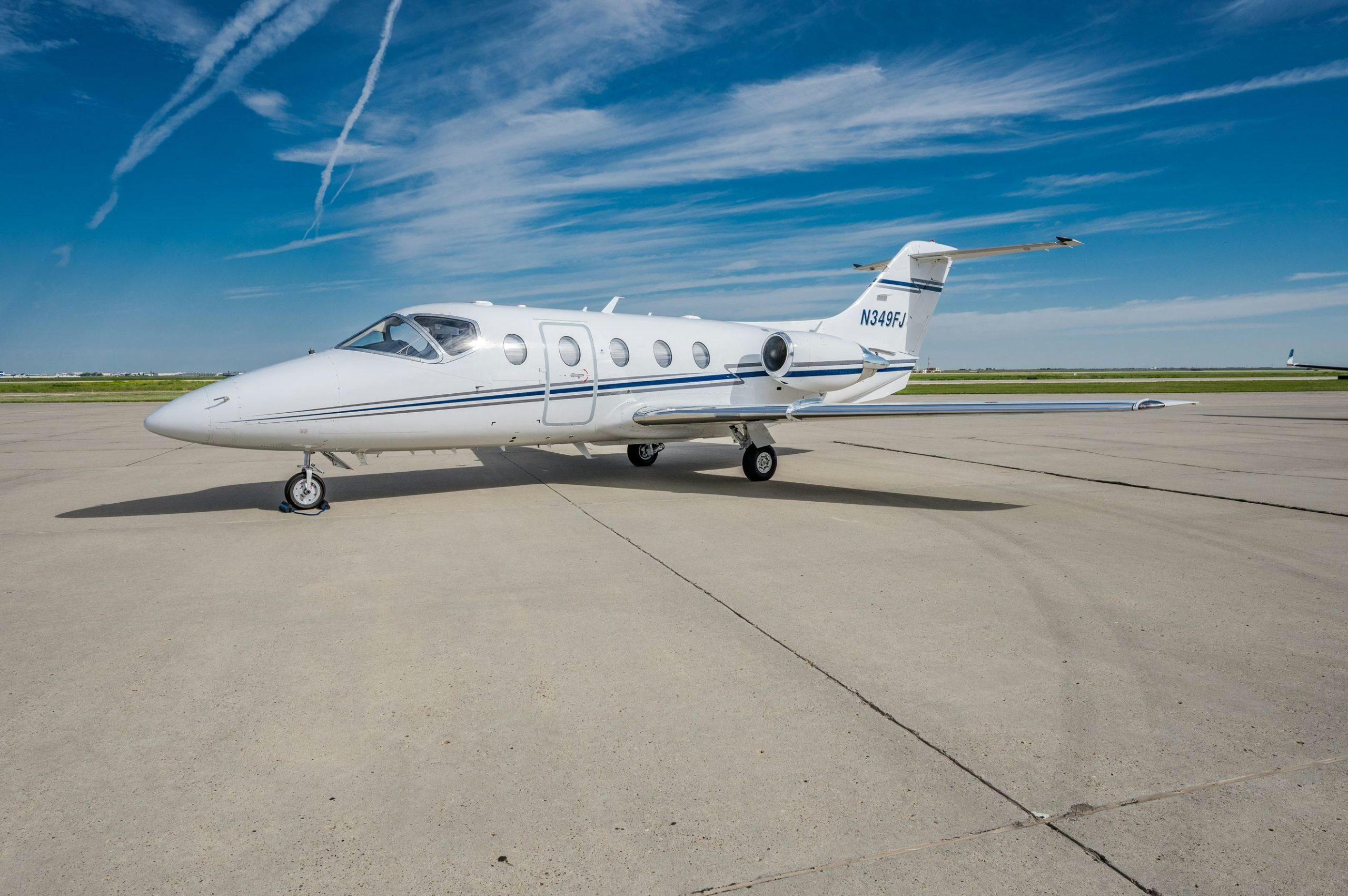
Haven ASG Launches FBO at Amarillo International Airport
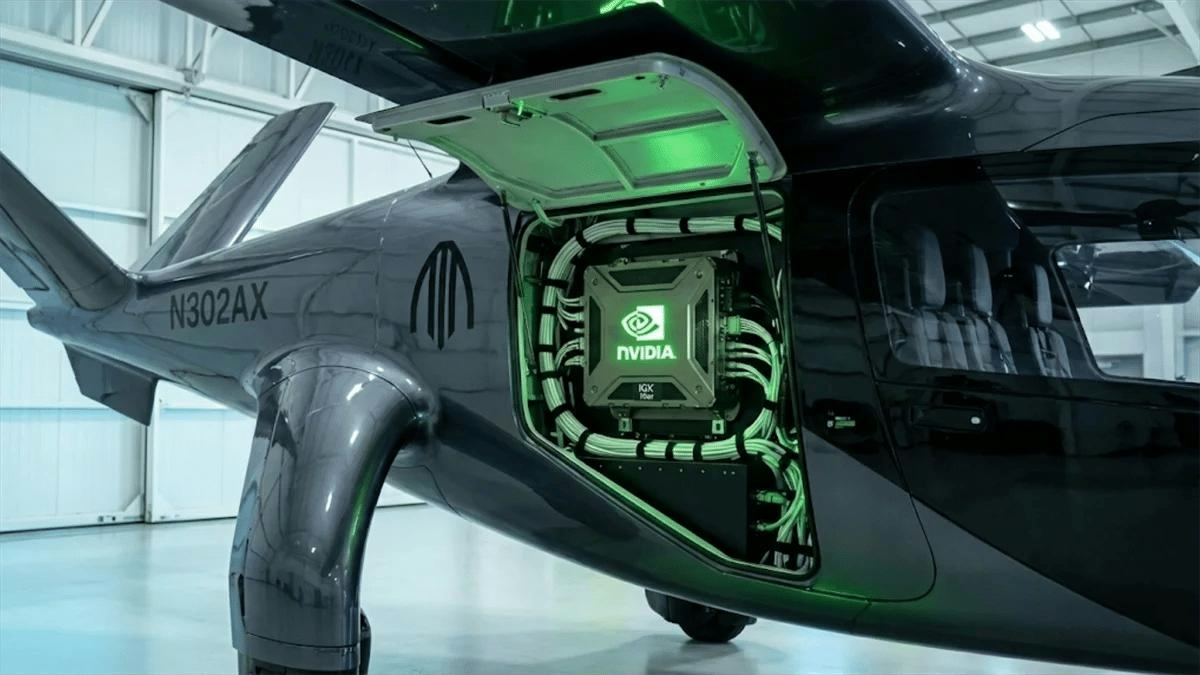
Archer Aviation Integrates NVIDIA’s IGX Thor into Air Taxi Systems
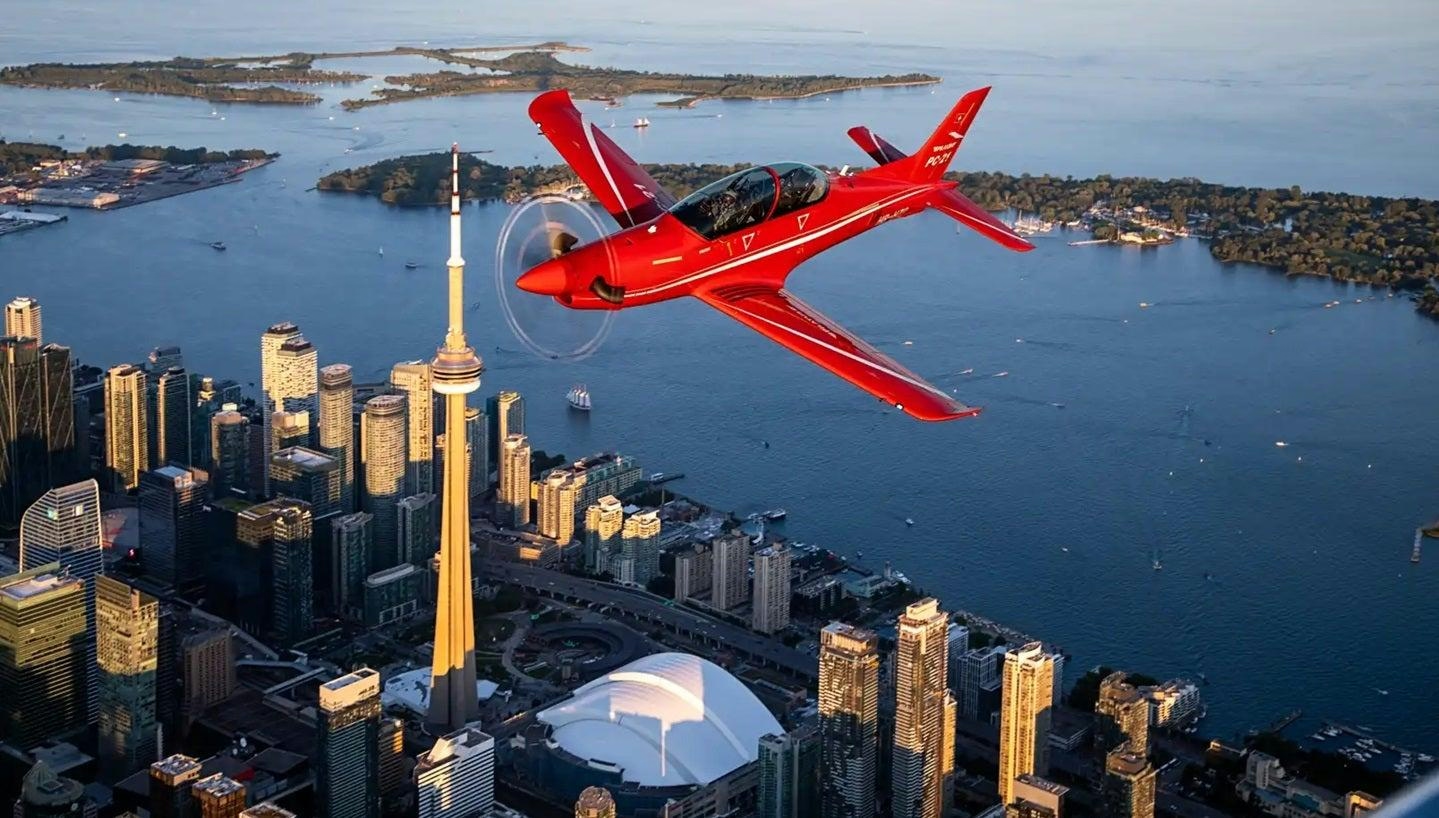
Pilatus Delivers 147 Aircraft in 2025 Despite Supply Chain Challenges
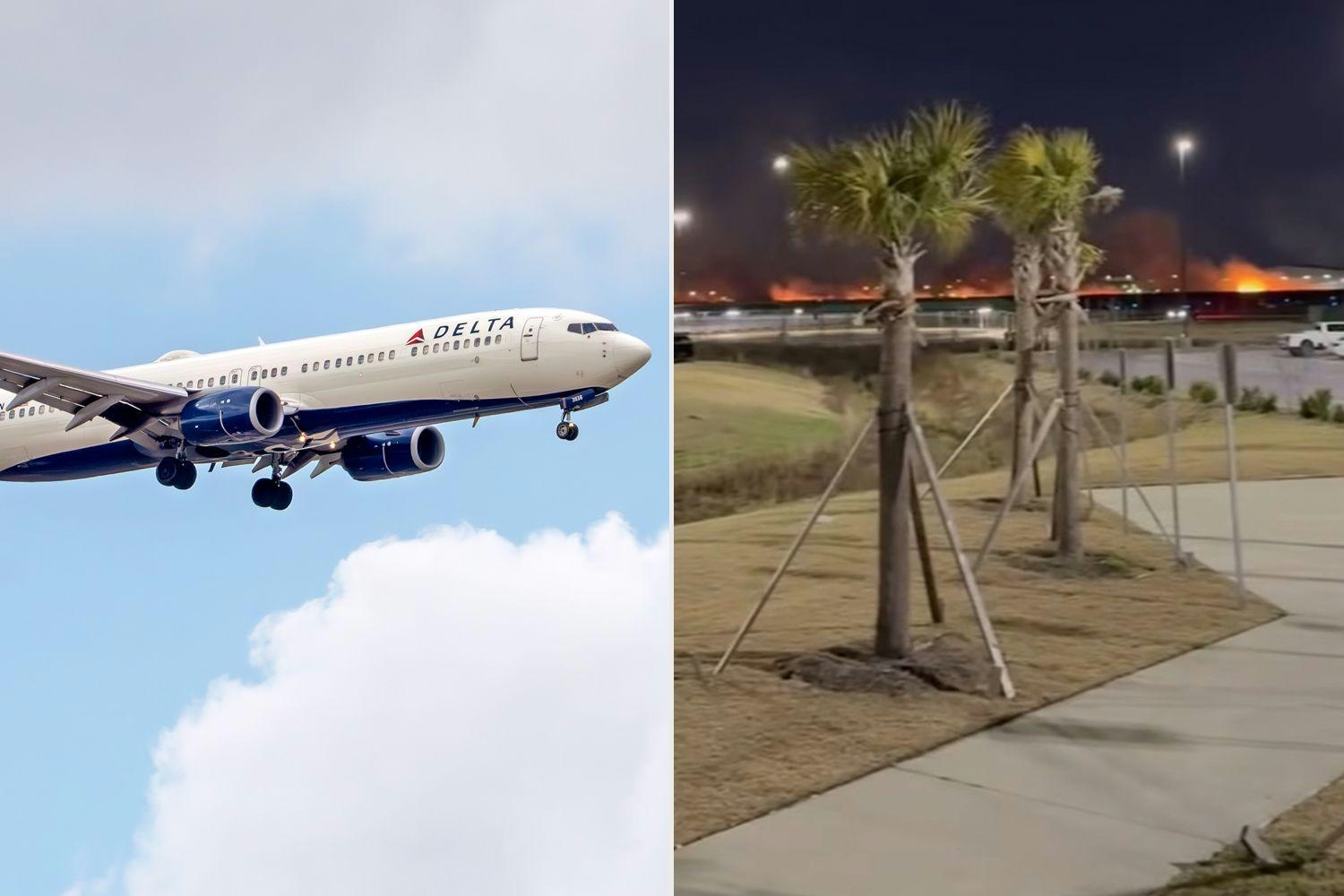
Boeing Jet Returns to Airport Following Engine Fire Warning
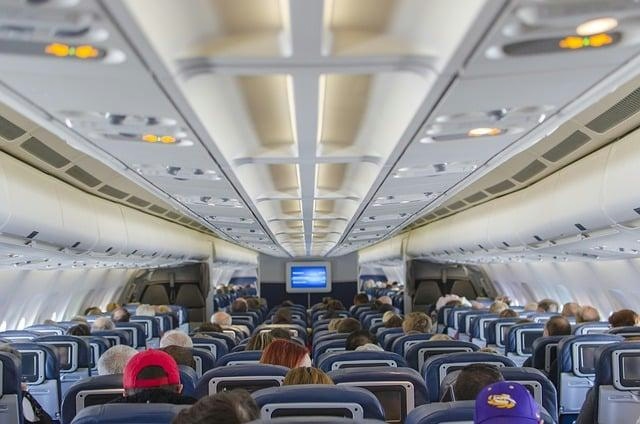
AENA Executives' Tactics Do Not Justify Fee Increases

Dr. Vladislav Apostolyuk Named CTO of Volz Servos
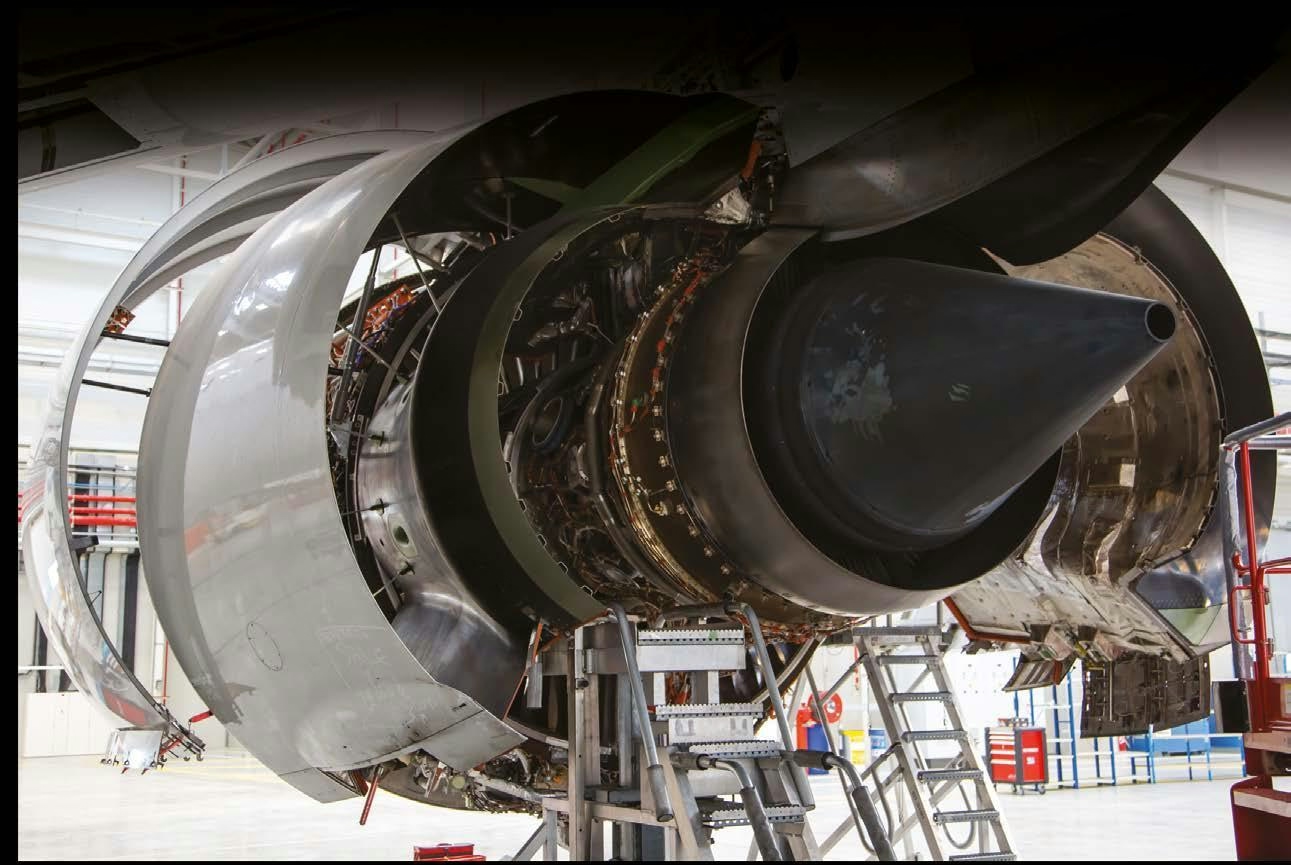
Setna iO Expands Teardown Portfolio with B737-700 and CFM56-7B
